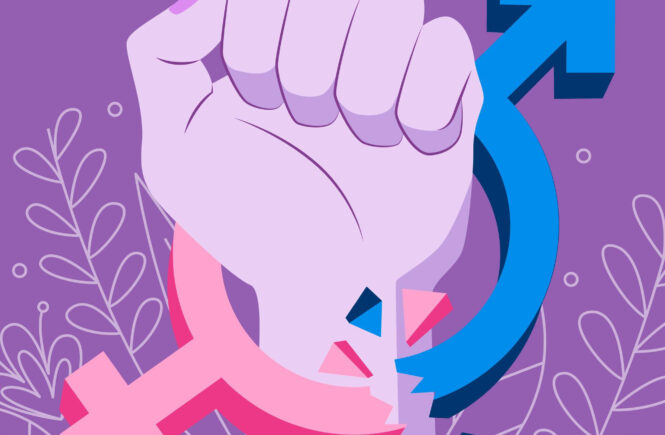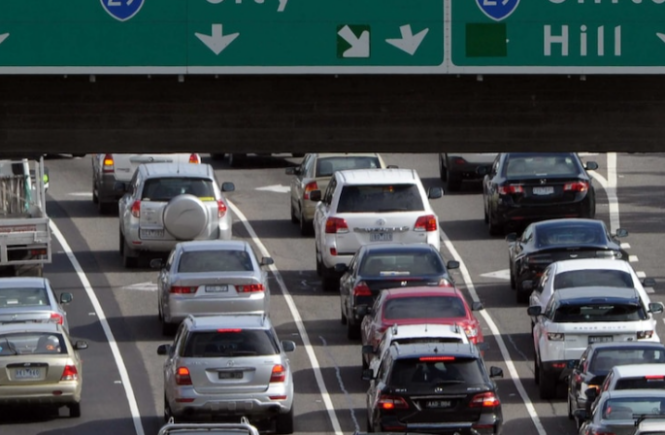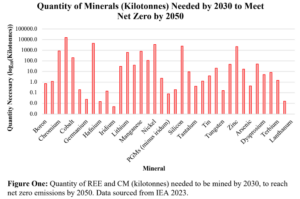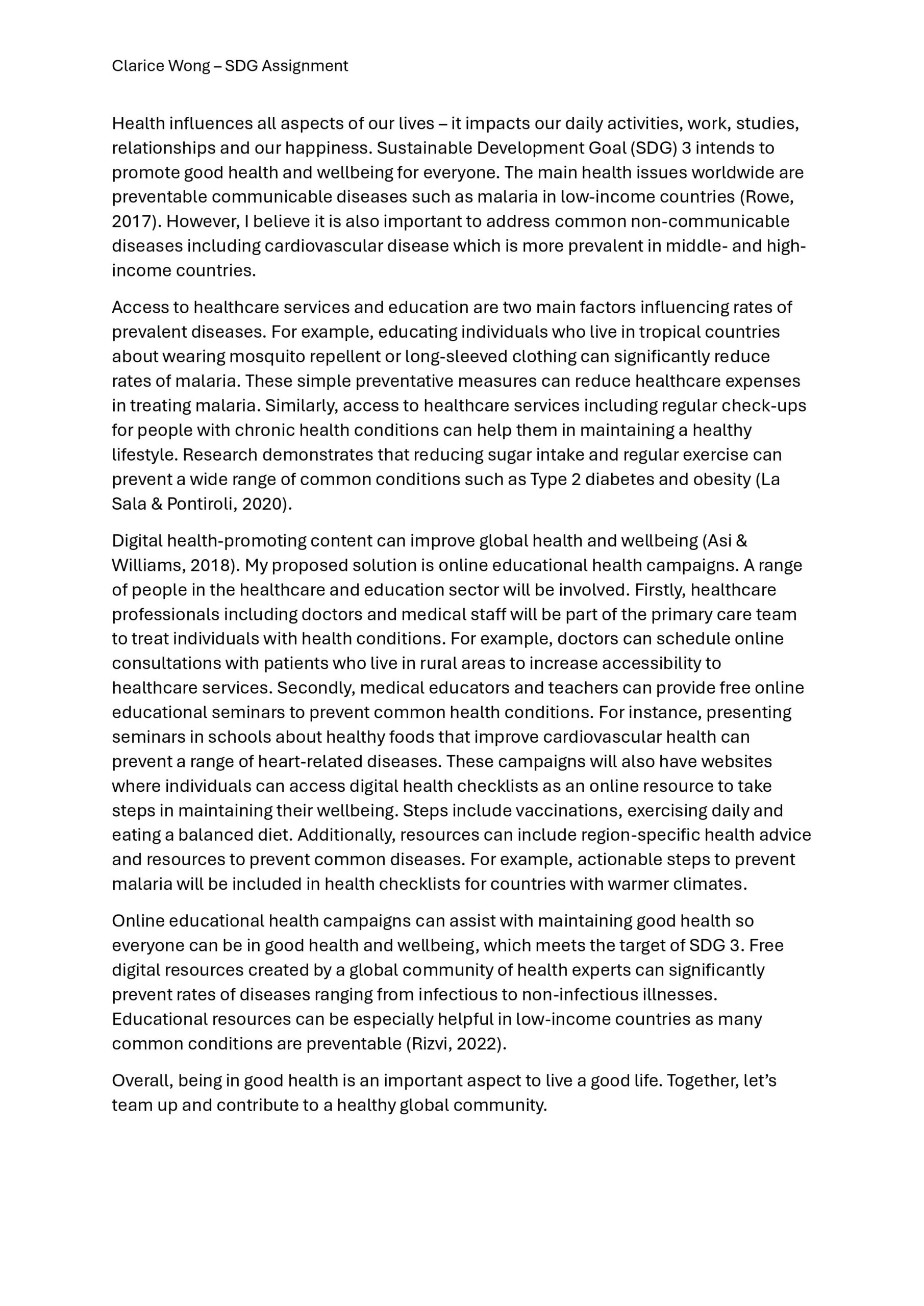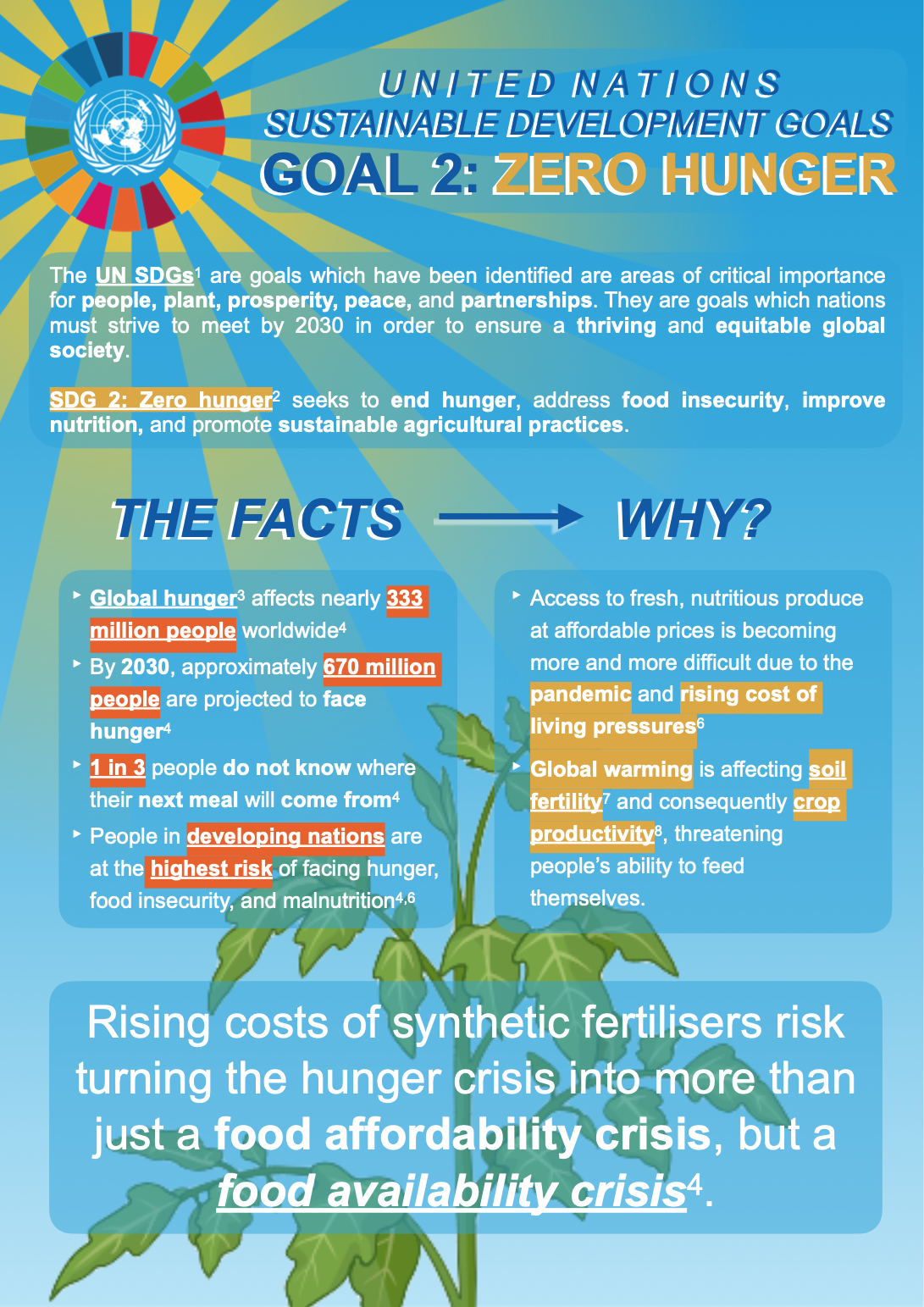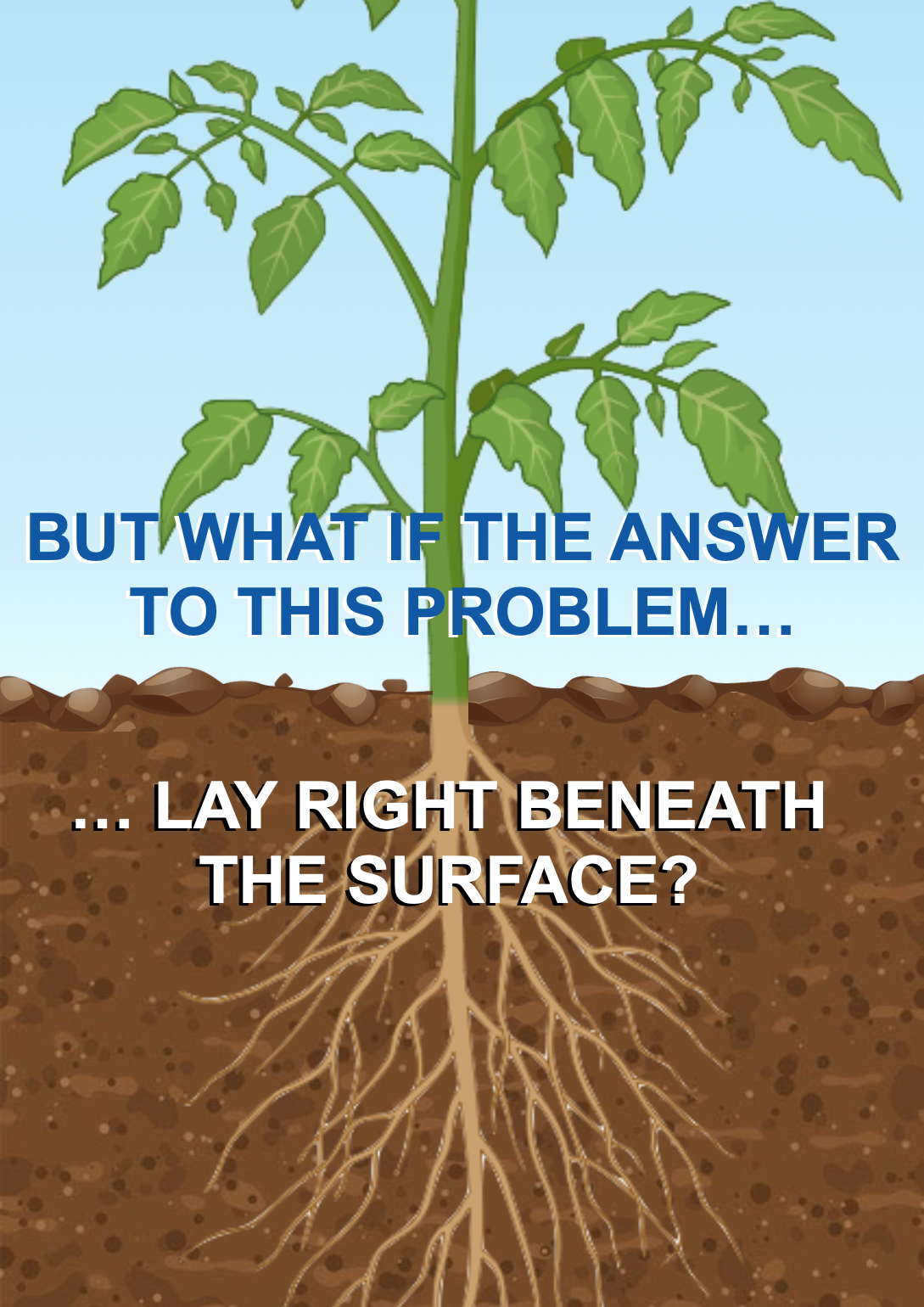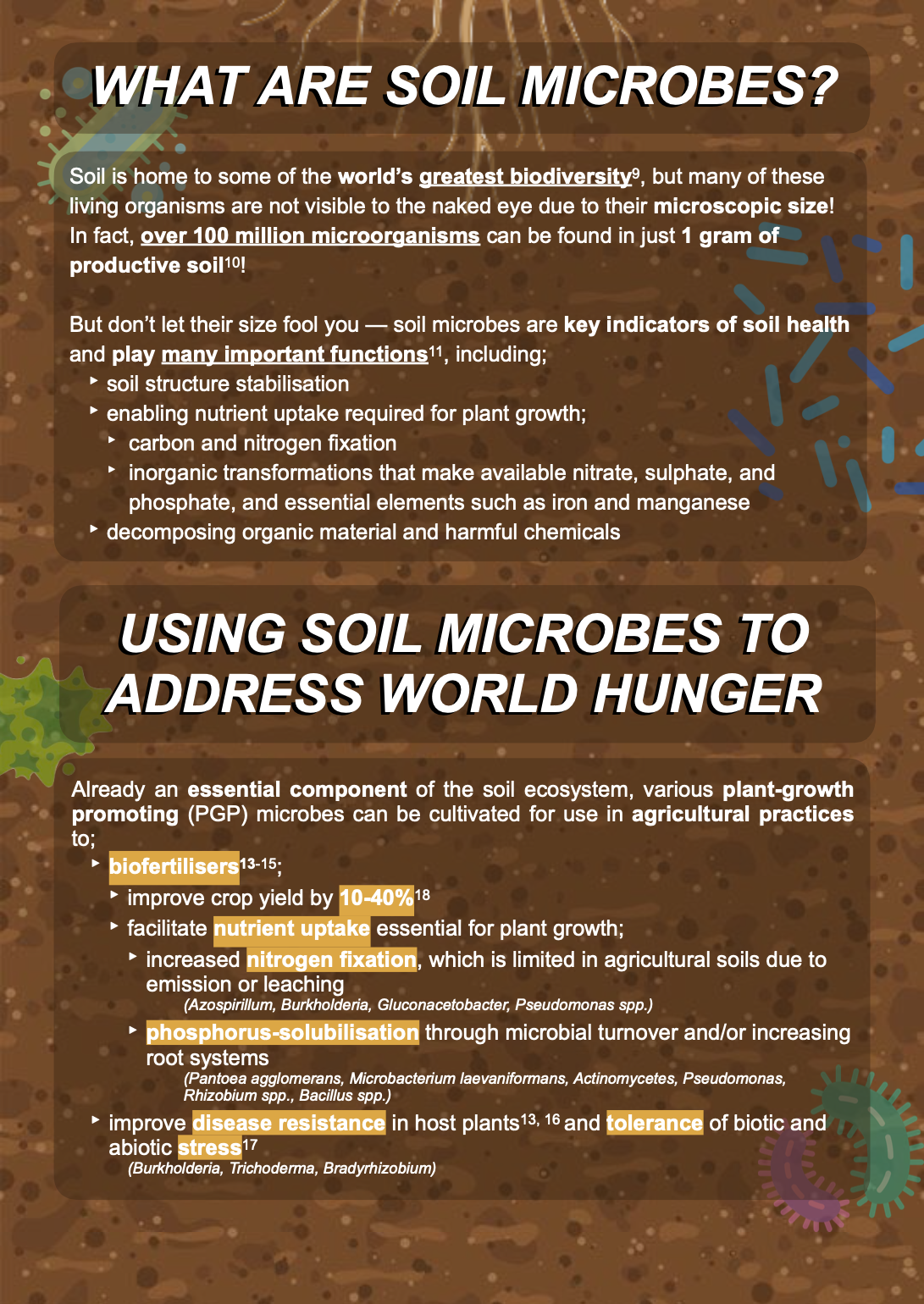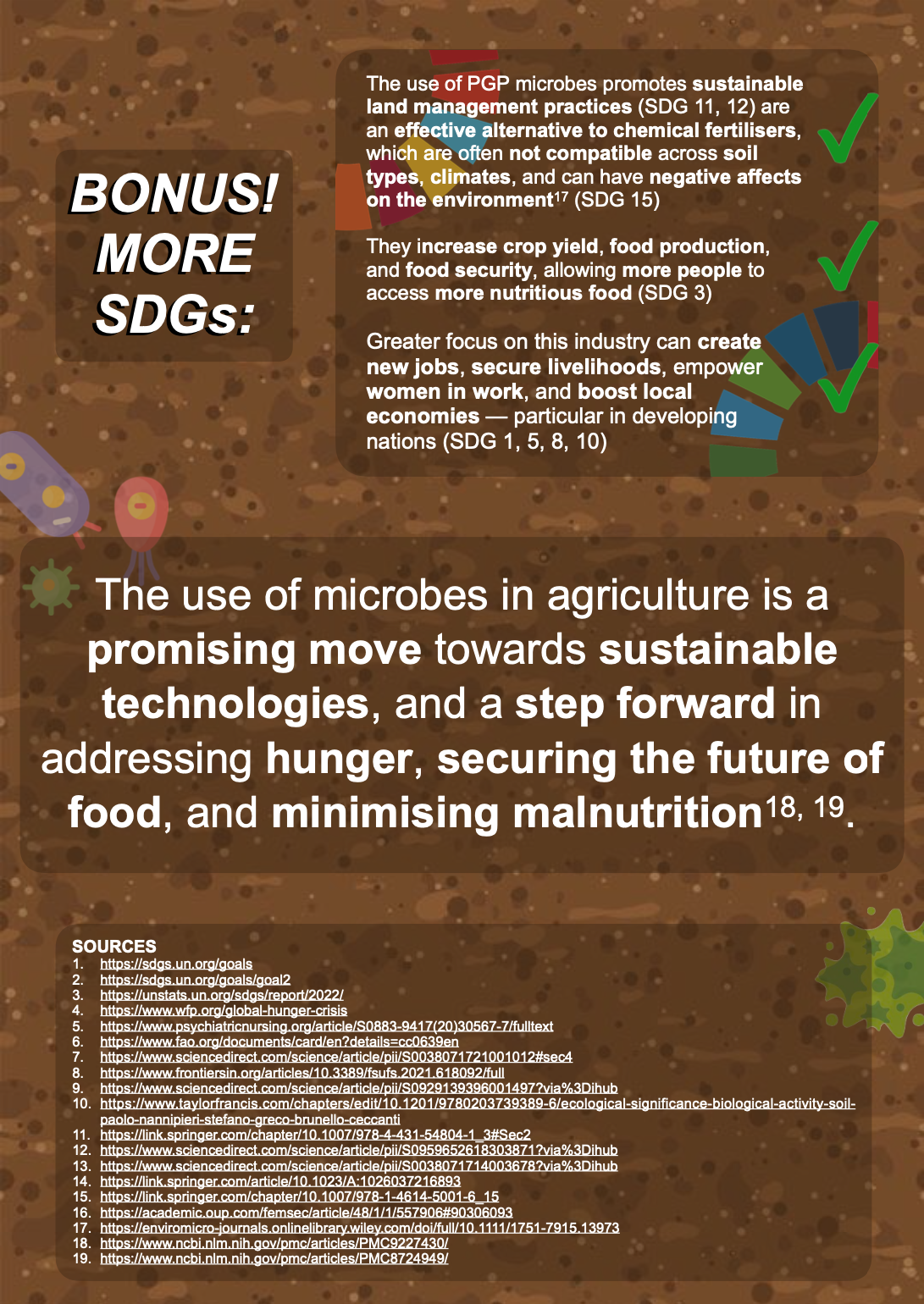Student Submission by Tyrell Liyanage
As we live in a progressive society, I believe it is crucial to continue to shed light on the importance of the United Nations Goal 5: Gender Equality. By definition, equality refers to treating everyone fairly, avoiding discrimination of any kind. Embracing gender equality is to ensure that each individual is entitled to the same opportunities and an equal chance to succeed in life. I want to highlight the significance of gender equality, the severity of which it can affect individuals as well as some proposed solutions to work toward this goal.
Despite significant movements and societal beliefs, women are often met with systemic obstacles in different areas of life such as in the workplace, education and are often overlooked in decision making. On a global scale, women in the workforce earn an average of 23 percent less than men, and they dedicate approximately three times more hours to unpaid domestic and caregiving responsibilities compared to men (Blazhevska, 2015). I believe that everyone, regardless of their gender identity, should receive the same treatment, opportunities and respect. For me personally, emphasising the importance of gender equality stems from growing up with a sister, a mother and a girlfriend and witnessing firsthand the injustices they have faced simply due to their gender. But gender inequality isn’t solely affected by women – having an imbalance in equality causes a hindrance in society’s progression towards a sustainable environment.
In order to combat the issue of gender inequality, I believe it is imperative to bring awareness to this by introducing education programs that promote gender equity from a young age. In doing so, schools are able to remove gender stereotypes, promote respect and educate individuals on diversity to cultivate a culture of empowerment and fairness amongst all people. Gender inequality is most commonly faced at the workplace. To mitigate this issue, hiring managers should incorporate a fair hiring process, close the gender pay gap, and maintain a supportive environment in which everybody feels safe. Past research shows that gender diverse companies have shown a significant increase in output compared to those who are not. Travel Excellence is a tourism company specialising in sustainable tourism. They found that the increase in employee satisfaction from 78 to 87% as assessed by the organisational climate survey, resulted in enhanced productivity, improved customer service, and subsequently, increased sales. This was following the achievement of the Gender Equality Seal (the corporate standard for gender equality). (Gutiérrez and Castaño, 2021). Studies such as Mocanu (2022) also highlight how hiring processes could be changed such as implementing practices such as objective screening, which replace interviews with objective or standardised tests that may help increase employee diversity by removing subjective biases from the hiring process. Putting these measures in place will foster an environment in which gender equality is no longer in question in years to come.
References
Blazhevska, V. (2015) United Nations: Gender equality and women’s empowerment, United Nations Sustainable Development. United Nations: Sustainable Development Goals. Available at: https://www.un.org/
Gutiérrez, D. and Castaño, A. (2021) “Gender equality in the workplace: Key driver of well-being, business performance and sustainability,” in Aligning Perspectives on Health, Safety and Well-Being. Cham: Springer International Publishing, pp. 95–116.
Mocanu, T. (2022). Designing gender equity: Evidence from hiring practices and committees. Working paper.

